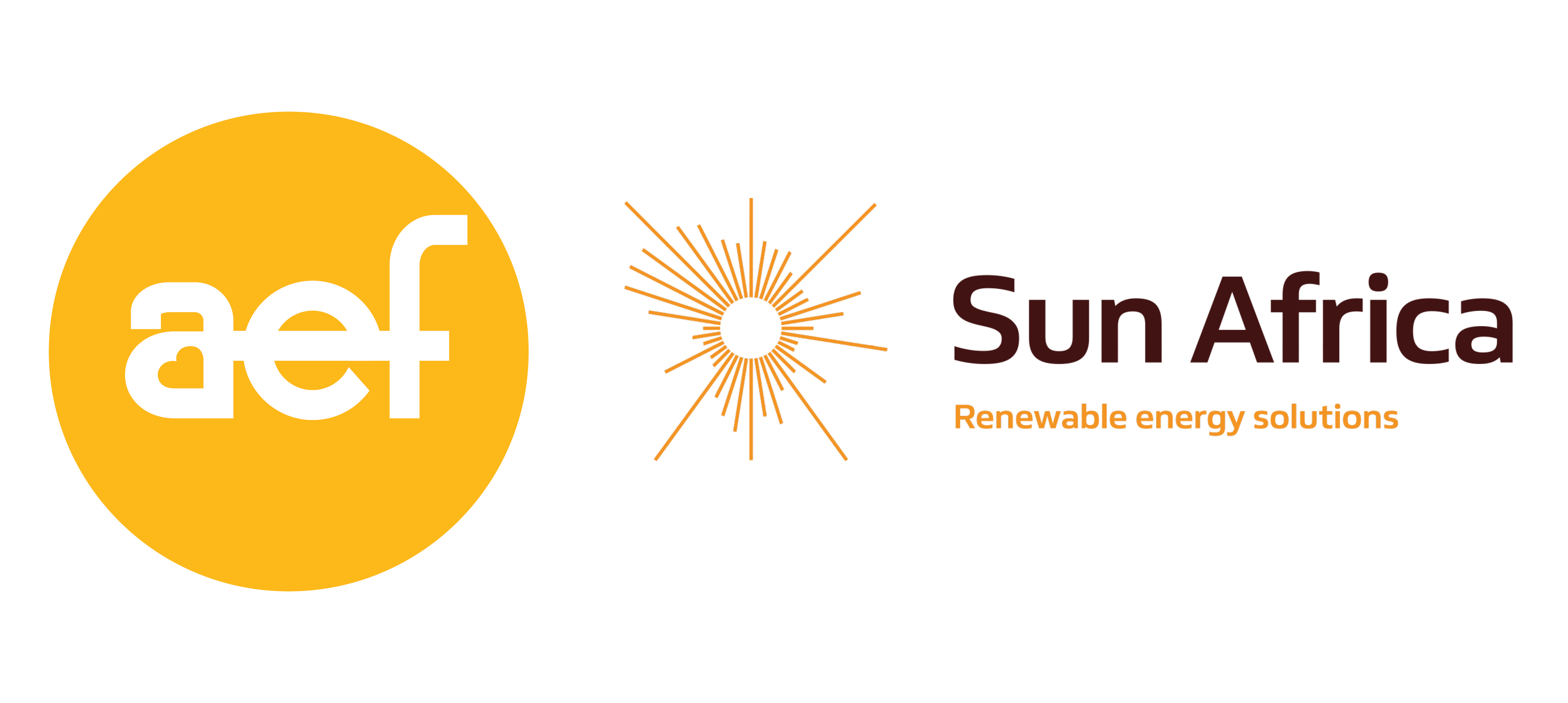Regional Grids: Addressing the Challenges & Creating Opportunities for Better Energy Access in Africa hosted by Axian Energy
)
Grid connectivity remains a critical challenge in Africa's energy landscape, not least because inadequate and unreliable power infrastructure hinders economic growth and limits access to electricity for millions of citizens.
Investing in robust, modern systems is crucial for efficiently distributing power, integrating renewable energy sources and supporting industrial development across many nations. However, the scale of investment required is staggering, with estimates suggesting tens of billions of dollars are needed annually. Financing transmission is also complex, often requiring a mix of public and private capital.
This was the backdrop for an engaging panel discussion to round off Day 3 of aef in Barcelona.
Benjamin Memmi, CEO of AXIAN Energy, assumed the role of chair and was joined by Jean Madzongwe, Programmes Manager of the Southern Africa Power Pool (SAPP), Yves Muyange, Senior Advisor, Strategy & Regulation at TetraTech, Gridworks’ Associate Director Loïc Ehua, and Mercy Wairua, Senior Legal Counsel at GuarantCo.
Regional grid development and cross-border connections have a crucial role to play. If delivered effectively, they allow for more efficient power sharing, enhance energy security and create economies of scale that can attract investment. Furthermore, by linking national grids, countries can better manage supply fluctuations, reduce costs, share power and accelerate the adoption of renewable energy.
To date, SAPP stands as by far the most established regional network. “We are helping to make sure that where there is surplus in one area, it can be transported to communities where power is needed… it is helping to build energy security across the southern region,” Madzongwe explained.
“SAPP had an early start and has learned a lot of lessons along the way. Today, we are not just connecting two countries at a time – in some projects, we are connecting three and four countries.”
Muyange added: “SAPP is the most mature example of a successful regional power pool, but we are also seeing progress in the West African Power Pool (WAPP). Since it was established in 1999, more than 4,000 kilometres of transmission lines have been installed, which is supporting countries in the bilateral trade of electricity.”
During the discussion, financing was highlighted as a key challenge. Here, the panellists touched on major pain-points, the models which could be most appropriate for interconnected African grids, and some of the steps that need to be taken to attract investors. Regarding the latter, several speakers stated the importance of providing a clear picture of the true cost of transmission.
“Many countries are looking at how to adjust regulation to create an environment where investors can come in and speed up the delivery of these projects,” Ehua said. “How we create this enabling environment should be a major priority – we need to demonstrate that transmission is an investable asset class.”
Wairua agreed, adding: “There needs to be much more harmonisation of standards across countries who participate in these exchanges.”
Drawing on his experience in East Africa with Gridworks, Ehua also raised the issue of ensuring the physical foundations are in place in the individual nations seeking to participate in regional pools.
“You cannot build an entire connection without the infrastructure in each country, otherwise you will get an interconnection project with bottlenecks,” he said.
“This is about physical flow, and the challenge is about understanding how the infrastructure fits into the picture… The goal is to have a truly integrated markets, and we are getting there in East Africa as individual countries have built up their infrastructure. But we need to go further.”
As the conversation continued and was opened up to the floor, questions were posed to panel members on a variety of subjects, including the need (or not) for PPAs, how storage should be factored into pricing strategies, and lessons which can be learned from Latin American success stories.

